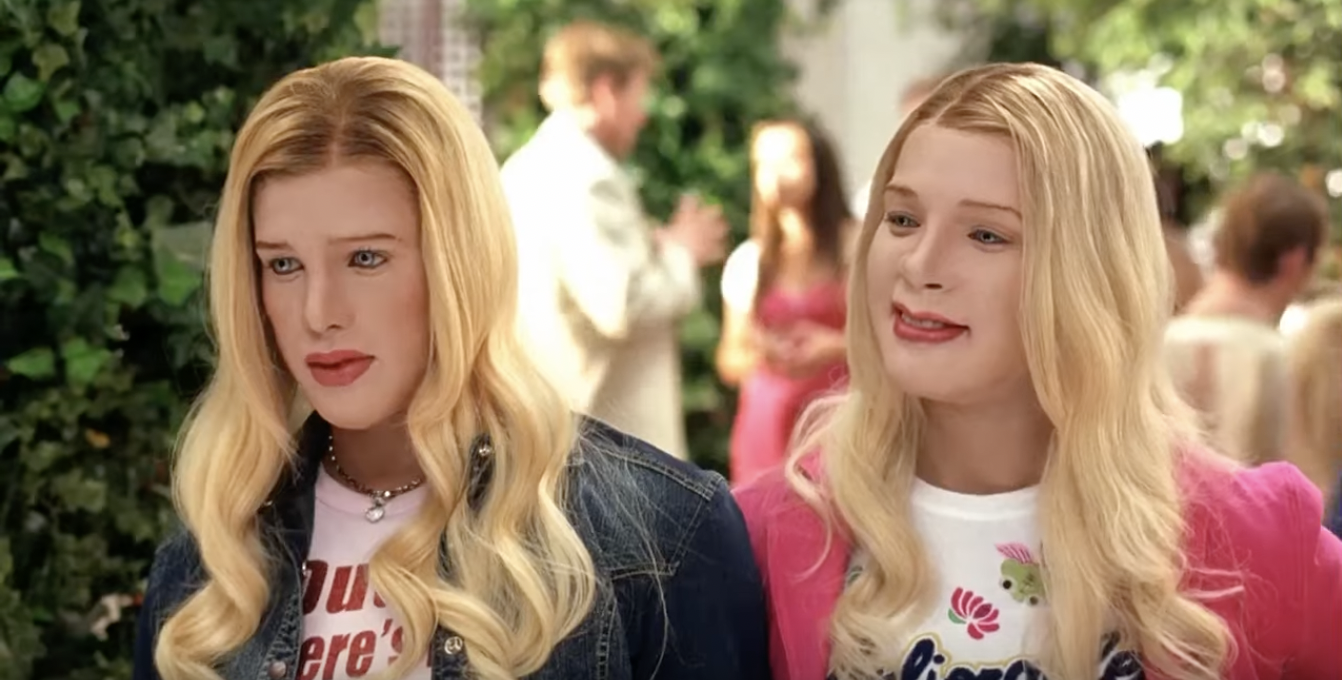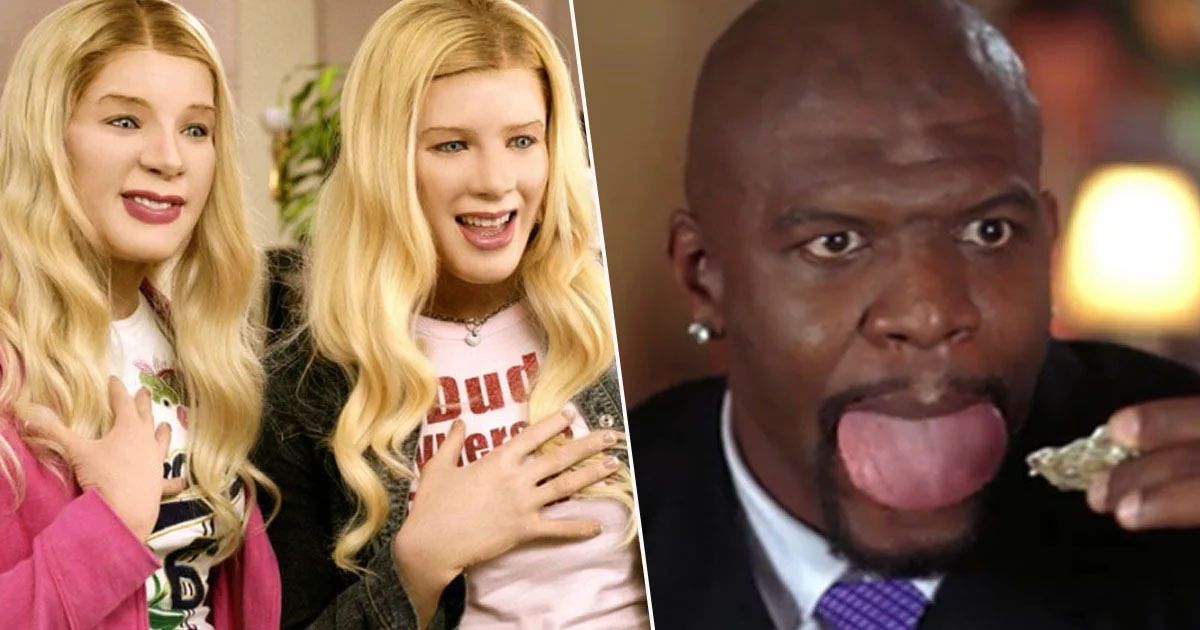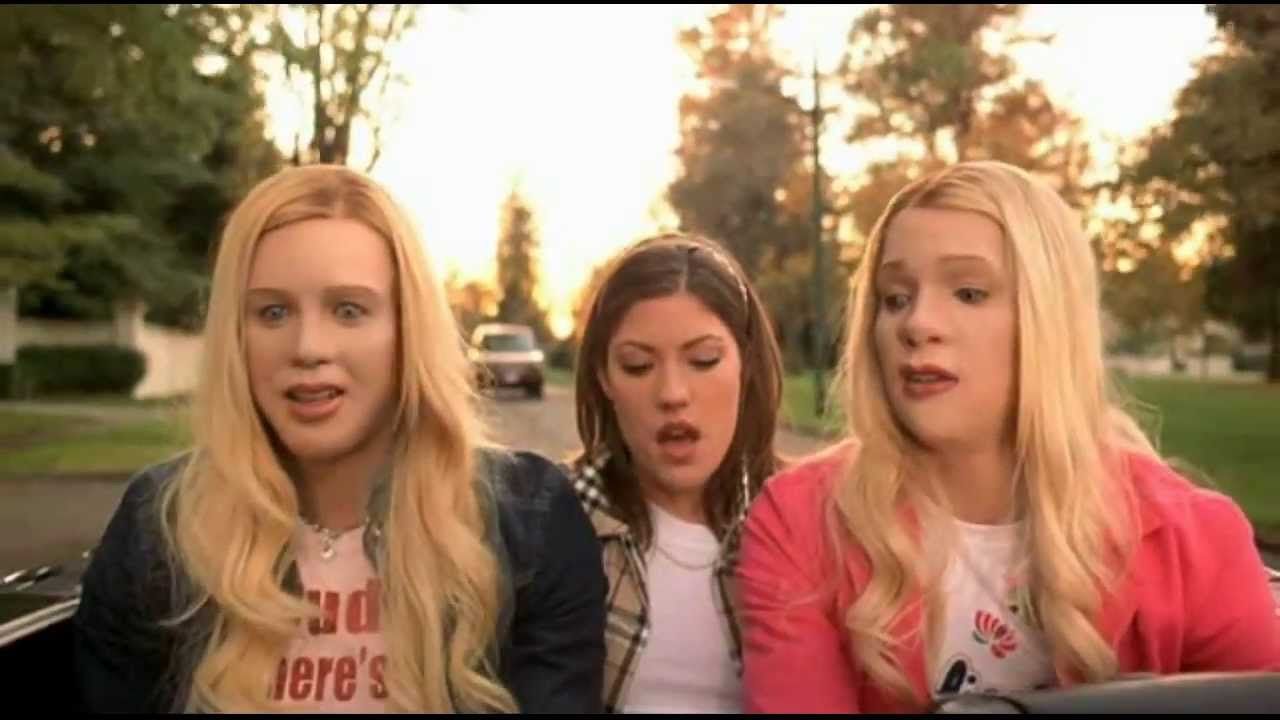Did They Really Dress Up in White Chicks
The early 2000s were a time of MTV, the Britney Spears craze, and boy bands, but in the middle of the decade, people were introduced to the Wayans brothers' hit comedy, the 2004 movie White Chicks . The movie revolves around two Black brothers/FBI agents named Marcus and Kevin who fail at one of their assignments and are forced to drive two obnoxious daughters of wealthy socialites as their next job. They get into an unfortunate car accident, and though the wealthy twins suffer only slight cuts but refuse to go out in public, as they are insecure (or conceited) about their looks.
As a result, Kevin and Marcus put on whiteface makeup, disguise themselves as the twins and masquerade as the two for the majority of the film. The film was derided by critics upon its release and was deemed controversial for its questionable stereotypes, along with being considered unfunny and one of the worst films of the decade.
After some time has passed, it was able to attain a cult status and garner an ardent fanbase, in part due to its box-office success and the star power of the Wayans brothers, who are leading the White Chicks cast. However, one can only wonder if this irreverent, debatably funny comedy is truly racist in its depiction of African-Americans' usage of whiteface, or if White Chicks actually plays with something brilliant beyond the comprehension of the average viewer.
'White Chicks' is meant for satire

While watching the film, it's easy to understand that the Wayans bros. intended it to be a specifically broad satire. In its original release, it wasn't supposed to be thought-provoking or intellectually engaging for audiences; its laughs are often cheap and devolve into body and childish humor. The satire is reminiscent of the Scary Movie series that the Wayans were previously in charge of, as well.
Many fans of the film will comment on how funny the movie White Chicks is, despite its shortcomings that the critics have already gone over. With all of this being said, one wouldn't think that the film was meant to be taken seriously, and that it simply appeals to a demographic which values or enjoys juvenile humor.
Admittedly, all satire is not subject to juvenile doldrums, but in the case of White Chicks, it succumbs to those stereotypes and goes even further to cement its own immaturity. It is not a great film; the White Chicks movie was nominated for five Razzie awards, including Worst Picture, and Dave Kehr of the New York Times infamously said, "Most movies require some suspension of disbelief. But White Chicks [...] requires something more radical than that. A full-frontal lobotomy might be a good place to start." So, it's fair to say that critical acclaim was not in the cards for this movie.
Reverse racism?

What might be something worth talking about is the consistent use of whiteface by the brothers Kevin and Marcus. One might think that this would be a case of reverse racism. To shed light on the subject, in many Vaudeville shows and movies, white actors would wear blackface, thus portraying Black people in a stereotypical and demeaning way. This practice was later deemed offensive and was often looked down upon by many contemporary spectators as racist.
Fast-forward to 2004, when White Chicks was released and the opposite occurred. Viewers saw the Black White Chicks cast cross-dressing and also wearing whiteface. This has left some skepticism of whether the film has done this just for laughs or whether it has some racial bias in its intentions. In a sense, it seems like a way of making white women look foolish, as the brothers portray the women as ditzy, shallow, and brainless.
Of course, those women, in particular, are all of those things, but, much like blackface puts a bad light on African-Americans, whiteface also dehumanizes and berates the people that they are trying to imitate and reduces them to figures of ridicule and derision. Could this be considered reverse racism? It's possible under the circumstances.
It puts white women on a pedestal

Despite the liberal use of whiteface, the film seems to tacitly put white women on a pedestal in the narrative, most likely as a means of criticizing a society where Black women have so many harmful negative stereotypes as opposed to white women. Most of the white women in White Chicks are daughters of rich socialites who seem care-free and as ditzy as the women Marcus and Kevin are impersonating.
Moreover, when a basketball player named Latrell Spencer (Terry Crews, probably the best part of the White Chicks cast) becomes infatuated with Marcus (in the guise of Tiffany Wilson), Spencer does everything in his power to pursue "her" and earn her affection. He goes on about how he craves a white woman, while he himself is a Black man, acting as if the Caucasian woman is a prize to be won, disregarding other races.
By the end of the film, Spencer is disgusted by the fact that Marcus turns out to be a Black man parading around as the white Tiffany Wilson, which seems to suggest some internalized racism and possible self-hatred in the character, as he was incredibly hurt by this finding. It's almost as if a white woman was the apotheosis of beauty that any man could possibly achieve in a lover; the film dissects this bias within a stigmatizing culture of how people view women of color.
White Chicks is a strange film. It's recently become the subject of some fascinating critical race analysis and other intellectual dissections, while also being criticized as a racist, anti-white film, which the Wayans bros. vehemently deny. One thing is for certain, though, it wasn't initially created to be mentally tantalizing, and it's probably not a film that needs to be in the books of film scholars. It's just a placeholder in the comedy hall of fame, and any genius people bring to it is their own.
Source: https://movieweb.com/white-chicks-movie/
0 Response to "Did They Really Dress Up in White Chicks"
Post a Comment